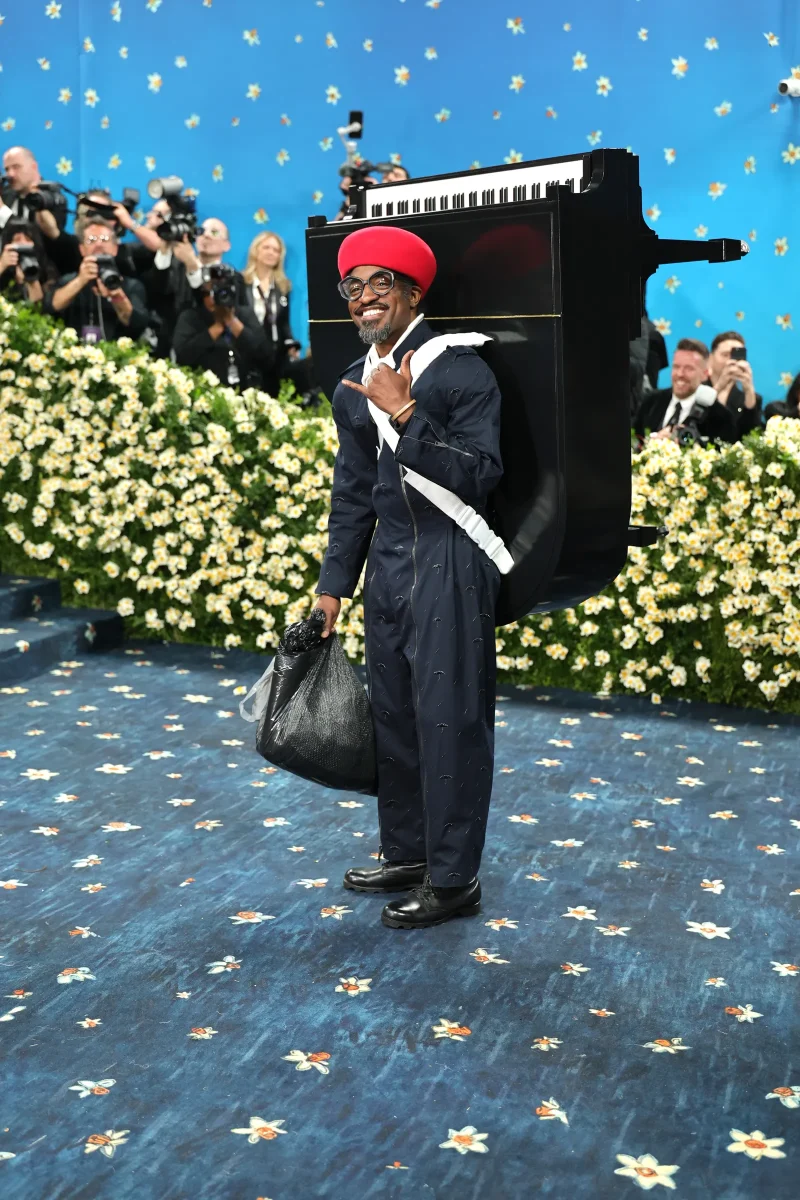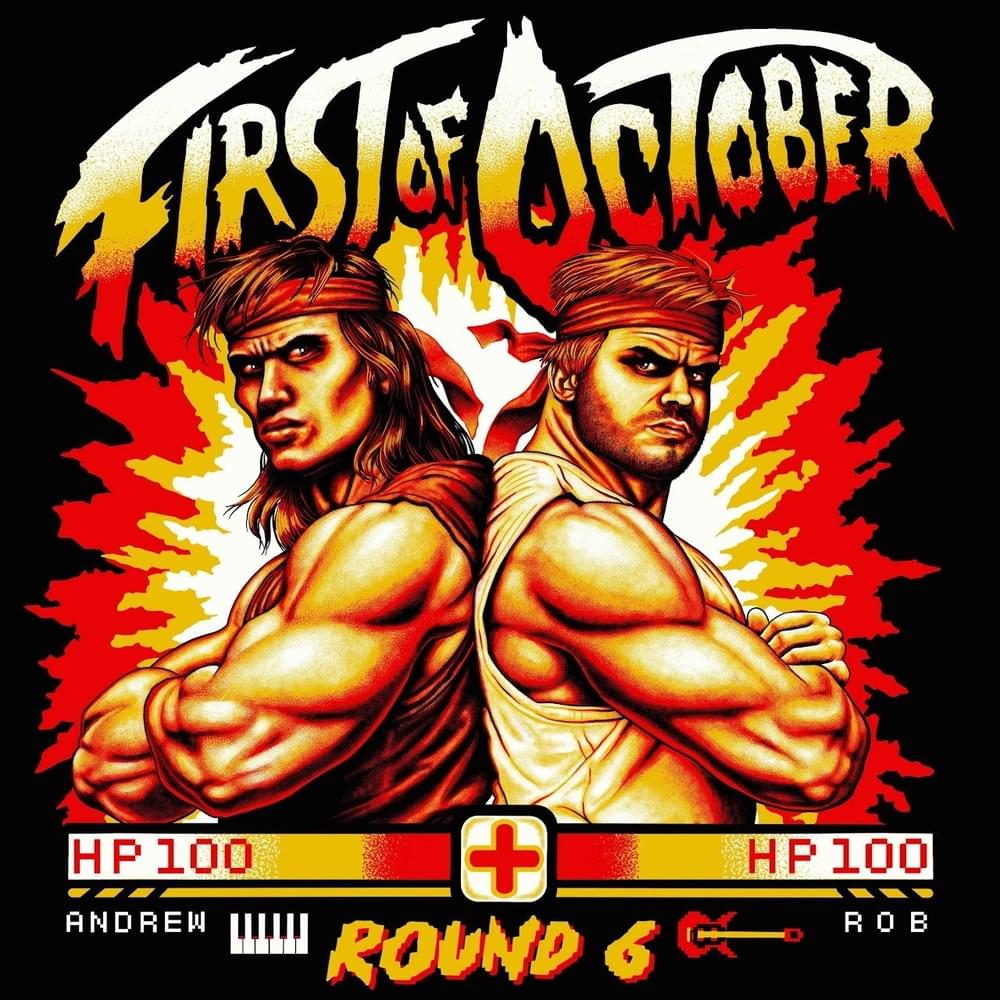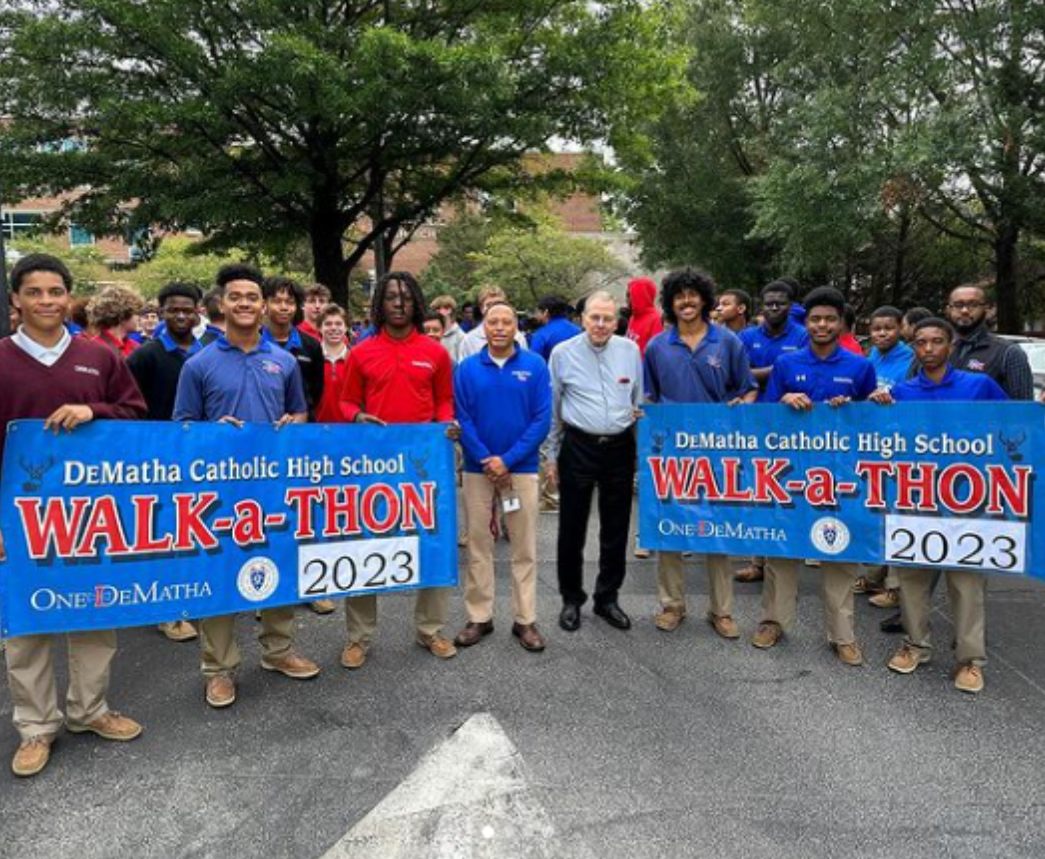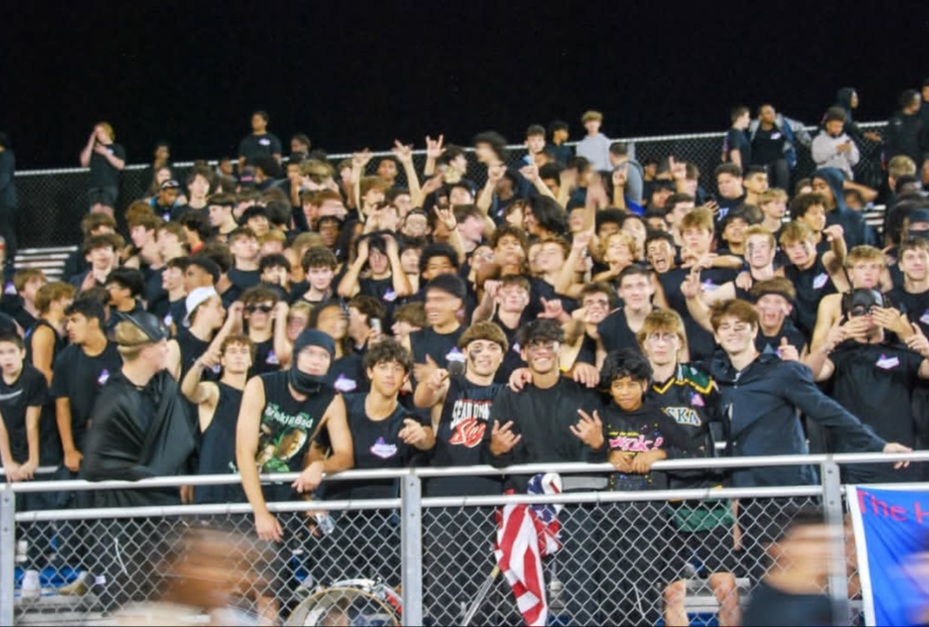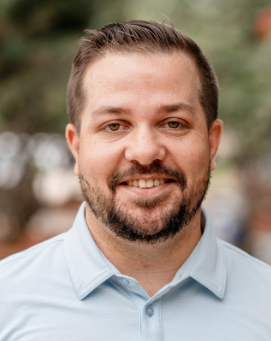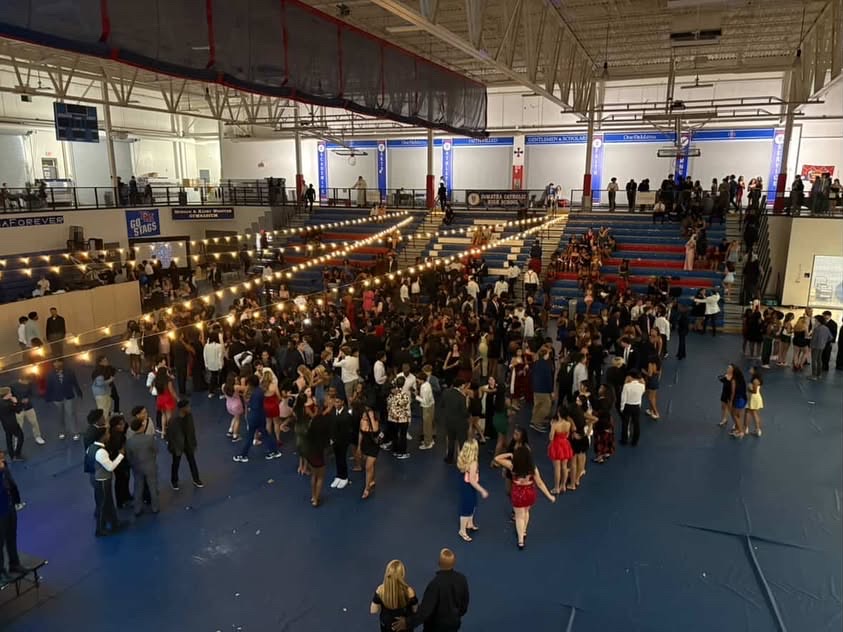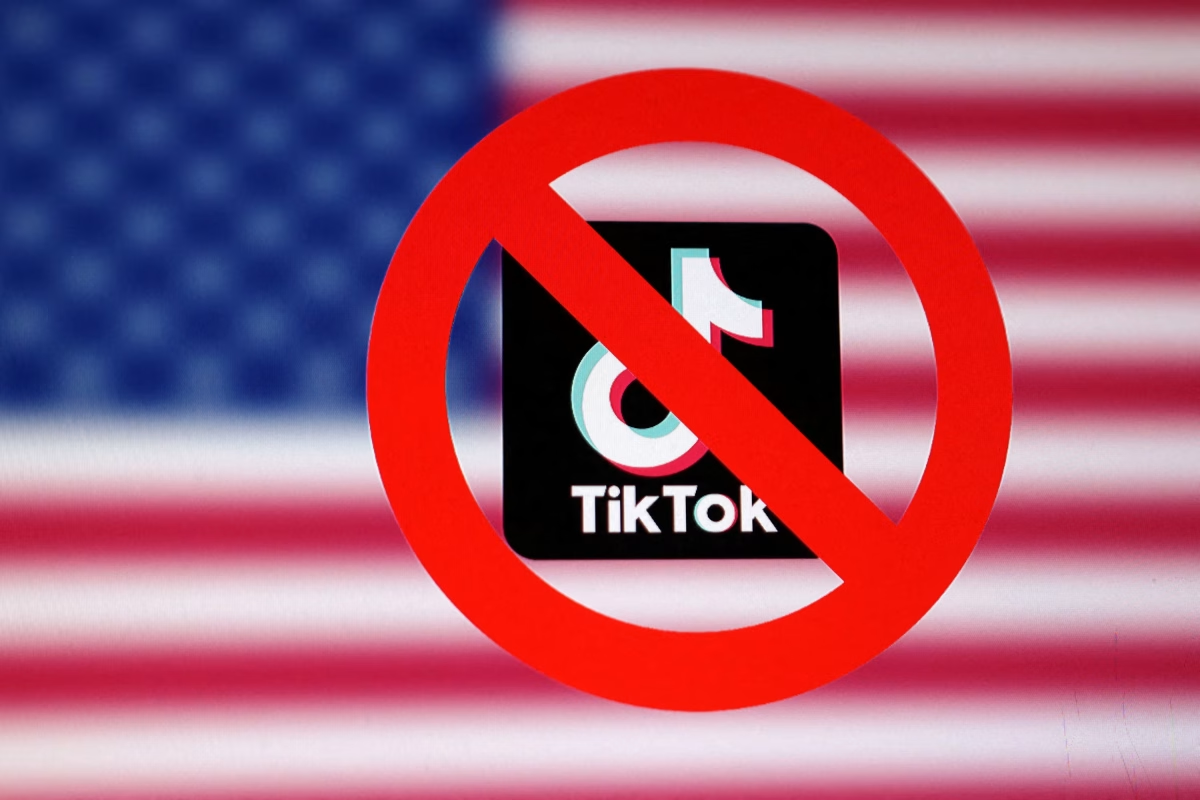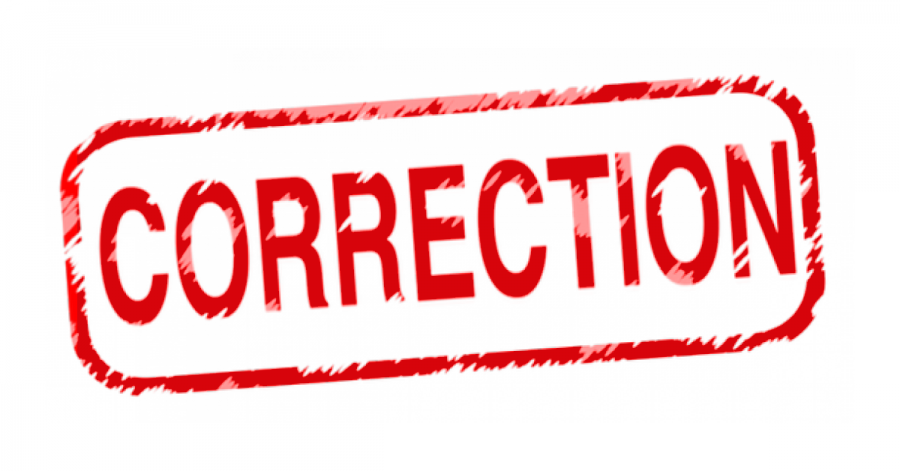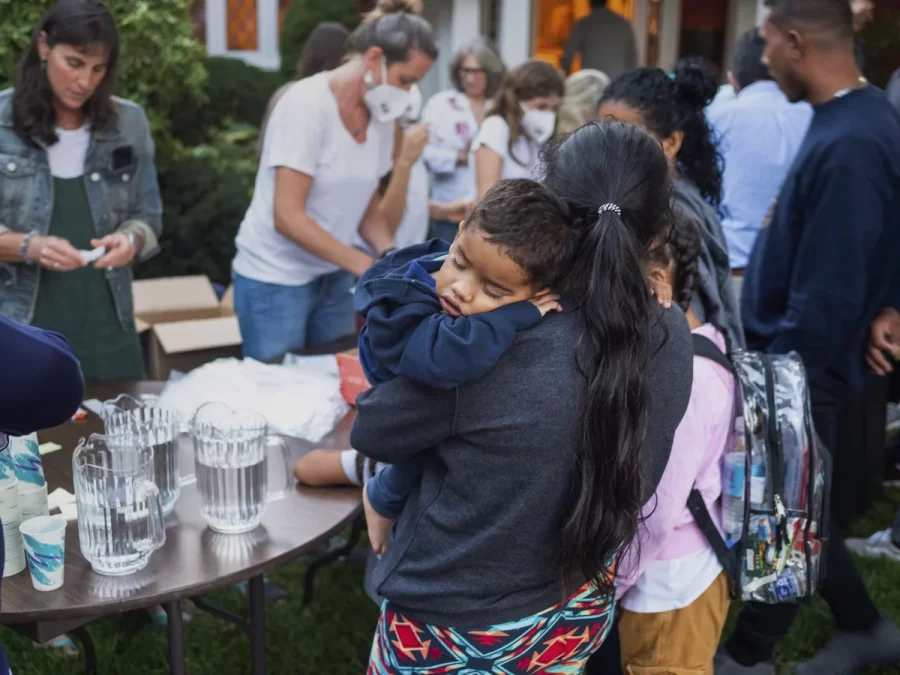Pawns of the System: The Struggle for Immigrant and Refugee Rights
One of the immigrants who was flown to Martha’s Vineyard holds her child as she waits to be get food outside of St. Andrews Episcopal Church in Edgartown, Massachusetts. Photo Credit: Ray Ewing/AP
October 17, 2022
The arduous journey of an immigrant coming to America is characterized by struggle and sacrifice. Many leave behind homes, jobs, and families to seek out opportunities and a new life. These people come from all over the world, including Africa, Asia, and Europe, but most of the attention over immigration has come from our neighbors to the south in Central and Latin America.
Recently, immigrants from countries like Guatemala, Venezuela, El Salvador, and Honduras, among others, have been streaming into our country for the promise of a better life. Unfortunately for them, the adversity they face doesn’t stop as soon as they enter U.S. borders. Many hold resentment towards them, and blame them for a variety of issues such as unemployment and crime rates.
Such feelings can lead to tricky and underhanded political moves by politicians to gain support. Chief among such moves were the ones made by Governors Greg Abbot and Ron DeSantis of Texas and Florida respectively. In an effort to bring attention to, in Abbot’s words, the “historic crisis at our southern border,” they lied and tricked hundreds of immigrants and refugees. Promising employment, shelter, and food, the immigrants under Abbot’s jurisdiction were bused to be dropped off in front of Vice President Kamala Harris’ house, while DeSantis sent planes to Texas to take another group up to Martha’s Vineyard in Massachusetts.
As both were likely planning, neither location was able to adequately take care of the now jobless and homeless refugees. Martha’s Vineyard in particular had to scramble the community to provide care. As the world looks on, one can only think; what led to this happening? What led to the trafficking of refugees for a political statement?
To begin, one must take a look at the public response to the actions taken by the governors, and the governors themselves. Senior Owen Kramer, in a word, feels “irritated.” “It’s human trafficking, it’s literally the definition of human trafficking…it’s ridiculous.” Dakota Maniau, a high school student and activist, has known Governor DeSantis and his works for a while now, and felt horrified when she saw the news. “I was scared when I first found out…my work in activism has crossed his path many times, enough times to know he is not a responsible or honest man.” She added that “it wasn’t right for him to trick hundreds of vulnerable immigrants into a political stunt.” Sharon Murphy, one of the directors of Mary House, an organization she runs with her husband Bill that is dedicated to assisting immigrants and refugees in the D.C. area, has more religious motivations behind her feelings. She, along with her husband, feel that the actions by the governors are “immoral and a sin.” Continuing, she said that she felt that both men were “negating the humanity of human beings, of people.”
“They’re not migrants; they’re refugees; they’re immigrants.” -Sharon Murphy
Many see these actions as a political stunt, and rightly so; midterm elections are coming up, and both candidates seek to shore up support for their causes, and in the case of DeSantis, a possible run at the presidency. Maniau shares these views, as she feels that “[DeSantis] has never had any interest in helping immigrants unless he has something to gain!”
In a similar vein, Murphy views the moves as a political stunt that, while dirty, is working. She points to the religious community as an example of its effectiveness. “The faith community,” Murphy observed, “has not risen up in anger and said ‘you will not do this.’” The purpose of such actions is to inflame the voter base for the governors, which she feels “all this is for.” Kramer sums up the feelings of most people, stating “In what world is this not political? Especially for DeSantis…it was a blatant political stunt to set him up for a future presidential run.” Though the transportation of the refugees was a dirty move to most, Kramer doesn’t see it affecting DeSantis’ chances at campaigning for office. “Xenophobic [rhetoric] has won elections before.”
“Some people don’t like immigrants because they value their own freedoms and beliefs over others. Immigrants pose an imaginary threat to their way of living.” -Dakota Maniau
Because of the blatant legal offenses, such as human trafficking and improper use of taxpayer money, there is a push for legal action to be taken against the governors. Murphy, though she wants to see DeSantis face repercussions for his actions, knows it has a small chance of working. Even though he went through the effort of overstepping his jurisdiction by flying migrants from a state that is not his to another state that is not his, she knows he doesn’t care. She feels similarly about Abbot, and feels that both are “cherry picking who they put on the buses.”
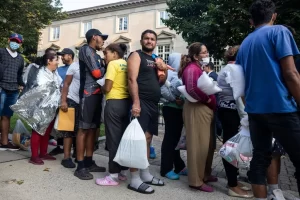
Photo Credit: Jim Lo Scalzo/EPA, Shutterstock
Kramer vehemently believes that the bare minimum for legal action has been met. “It’s human trafficking, its embezzling, probably fraud of some kind, and…its against like 800 different laws.” On a more personal note, he also believes that neither governor should be let back in office. “You should not lure people onto a plane…and then ship them somewhere and drop them.”
“Just because you’re the executive, doesn’t mean you avoid the law…you just don’t.” -Owen Kramer
Resentment towards immigrant communities has always been a problem in America. One only has to look at any real history book to see that, even though the country was built off of the backs of immigrants, that they always haven’t been treated well. Such feelings are likely why there hasn’t been a larger outcry against the governors’ actions, and why xenophobic rhetoric, as Kramer said, wins elections. Maniau believes that such attitudes aren’t warranted, since “everyone deserves a second chance, even if it is rarely that simple. “ Going further, she says that “my belief comes through experience with extremist right wing people and those with internalized xenophobia…their own discomfort of other’s differences come from a place of insecurity.”
Murphy shared a close sentiment, and she believes that the history of the United States is of a community being blamed for one problem or the other, and that it is not a new issue. “History has shown us that when things are difficult, you have to blame it on somebody or a community of people.” In a more religious view, she believes that the faithful have to stand up against these views. “The Old Testament, Torah, and Gospels say ‘once I was a stranger in a strange land, and you welcomed me.’”
“If you are a Catholic, it’s not an option for you to demonize the groups.” -Sharon Murphy
As with any such cause, there are always groups that are looking to improve the situation. Aid to immigrants and refugees has been going on for a long time, and Kramer believes that the Martha’s Vineyard community did a great job in aiding those that were left stranded. “They gave them the resources they need, helped them get where they were going, I think it would be wildly expensive to do everything [they] did, but you need a robust system that helps to process…and settle new U.S. citizens on the right path.” Maniau, who is already involved in activist work, has been active in this field. “As the lead of the youth program at For Progress, we help expand healthcare as a small organization.” Among the aid she gives, she helps immigrants by “donating, petitioning, canvassing, phone banking, and spreading awareness.” Despite her work, she knows that many of the issues that cause such problems stem from ignorance. To balance that out, she takes it “upon myself to keep learning” to better help at-risk communities.
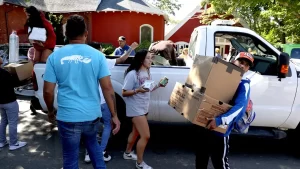
Photo Credit: Jonathan Wiggs/The Boston Globe, Getty Images.
Through Mary House, Murphy has helped hundreds of immigrant families throughout the years, and one way she feels they could use help is through the annual food drive they do in tandem with DeMatha. “‘If I were to ask the DeMatha community to help out…look forward to the food drive.” With a recent influx of families needing aid, Murphy says they need the help more than ever. She urges those who donate and help out with the food drive and in general to donate not only food, but personal care items, like laundry, soap, and shampoo. “People are having to choose between getting food and taking care of themselves.” However, Murphy feels that local aid will be the only way such groups will get help. “I don’t see any political motivation from either party to do something on a large scale.” In the end, she wants more voices, especially the religious, to speak out against the mistreatment of immigrants and refugees. “Things changed when people said enough is enough.”
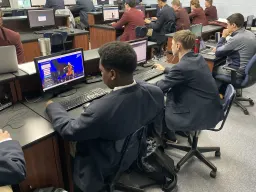


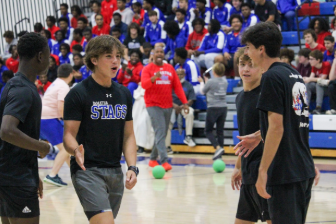
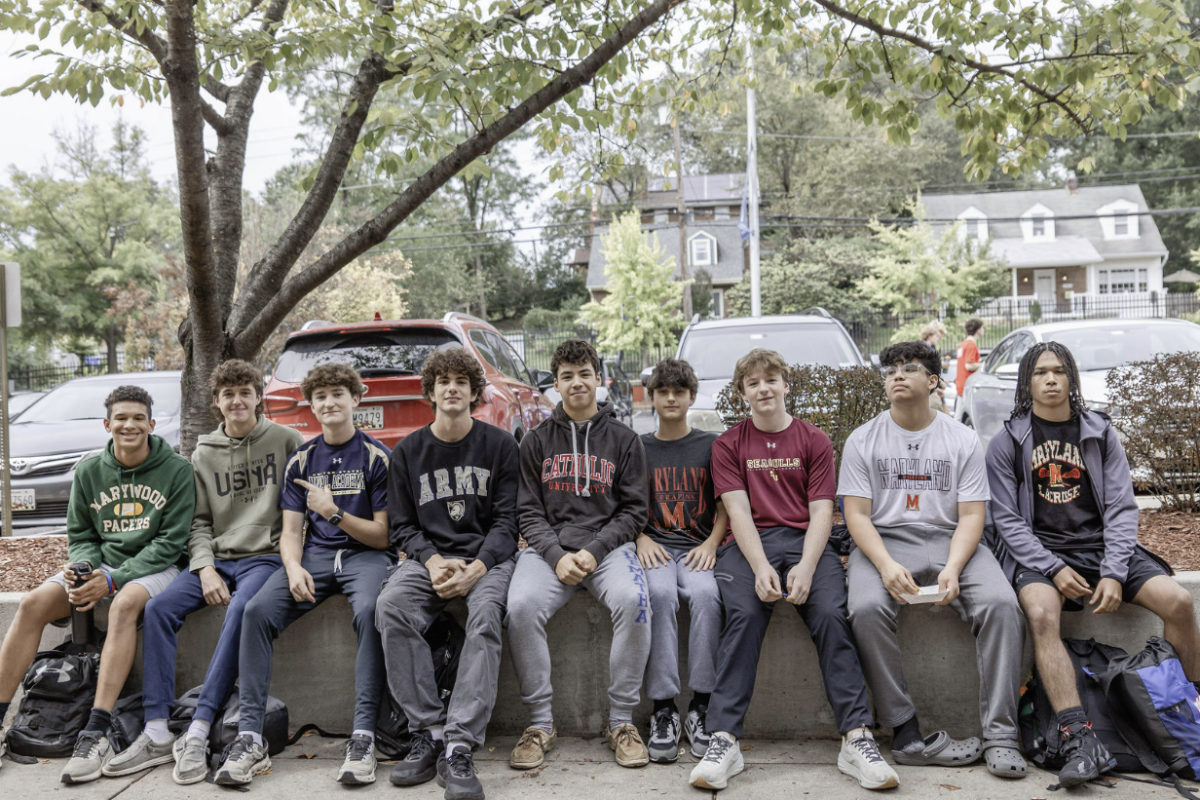
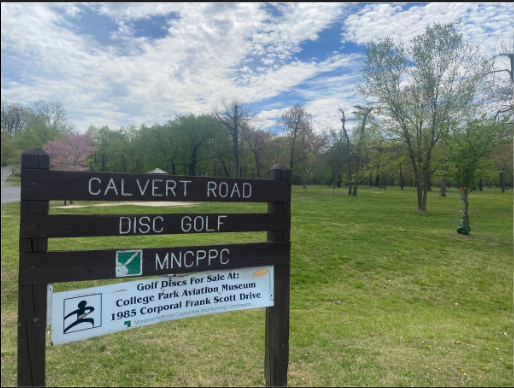

![Washington Catholic Athletic Conference. [WCAC photo library] 2025, October, 18. wcacsports.com.](https://demathastagline.com/wp-content/uploads/2025/10/Screenshot-2025-10-16-8.29.25-AM.png)


